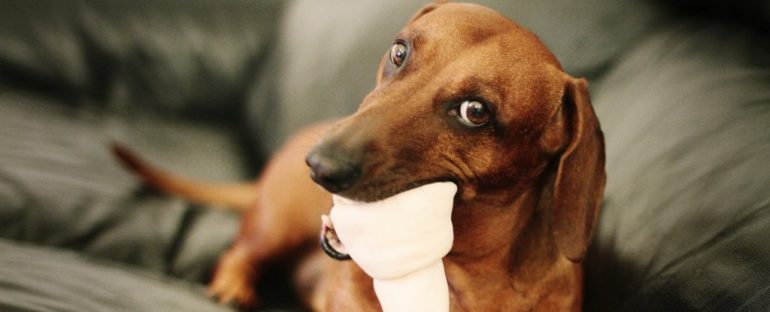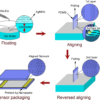If you’ve ever actually met a dog, new research into canine behavior will come as no shock. Scientists have found that “man’s best friend” won’t necessarily help said man out with a delicious snack, even if that man has given a snack first.
This is actually a little surprising for animal researchers, though, since dogs have previously been found to share food with other dogs and help humans in other ways. The finding suggests that our dog buddies just simply may not have helpful feelings towards humans when it comes to food.
Dogs are well known to be prosocial – that is, they are helpful towards others, and in particular, return favors. This makes sense since they are social animals. Such animal social groups thrive best when their members help each other.
In contexts in which dogs live with humans, this has been seen, too. We’ve all heard the cliche of the dog rescuing humans from a burning building, but it’s been demonstrated experimentally, too: Dogs will help a trapped human, particularly when that human expresses distress.
But how far will that help extend? To find out, a team of researchers led by veterinary scientist Jim McGetrick of the University of Veterinary Medicine, Vienna, designed an experiment to determine if dogs would help a human obtain food.
They trained 37 pet dogs to use a food dispenser that opens with the press of a button across two different experiments. Once the dogs knew how to open the dispenser, the button was placed in a separate enclosure, visible through a wire mesh fence.
For the first experiment, a dog was paired with two unfamiliar humans on two different days. On the first day, a human would sit in the button enclosure that now contained a functional and non-functional button. This human would press the functional button at regular intervals to distribute food to the dog.
On the second day, a different human would sit in front of a button that did not work – the functioning button would still be visible – and press it at regular intervals. No food was distributed.
Next, the positions were reversed. The food dispenser was placed in the enclosure with the human, and the dispenser’s button was with the dog.
The second experiment largely replicated the first, except there was only one button in the enclosure, and the unhelpful human simply never pressed it. The other difference allowed the dog to reciprocate the humans’ respective behaviors on the same day instead of on different days.
The researchers found that whether or not the human had previously helped the dog obtain food had no bearing on whether or not the dog pressed the button.
The helpful or unhelpful behavior of the human also had no bearing on how the dog interacted with that human outside of the experimental setting during a free play session.
Now, it’s possible that there are other reasons for this. The dogs may not have understood the role of the humans pressing the button in snack delivery or lack thereof. Given that humans are usually providing food to dogs, rather than taking it, they also may not have understood the role reversal.
However, in similar studies in which dogs’ readiness to help other dogs is tested using food, the dogs showed clear reciprocity, so it’s unlikely that a lack of understanding on the part of the dogs accounts entirely for their disinterest in feeding humans, the researchers said.
“In conclusion, dogs in the current studies failed to reciprocate help received from humans and a preference for either human type (helpful or unhelpful) was not evident based on a free interaction session,” the researchers wrote in their paper.
“Given that dogs have already been shown to reciprocate help received from conspecifics in experimental studies, the absence of reciprocity here may be explained by methodological inadequacies, though it is also possible that dogs are not predisposed to engage in such cooperative interactions with humans naturally.”
Future research could focus on helping humans in other ways rather than food, or by training the dogs to better understand the experiment, they concluded.
The research has been published in PLOS One.



